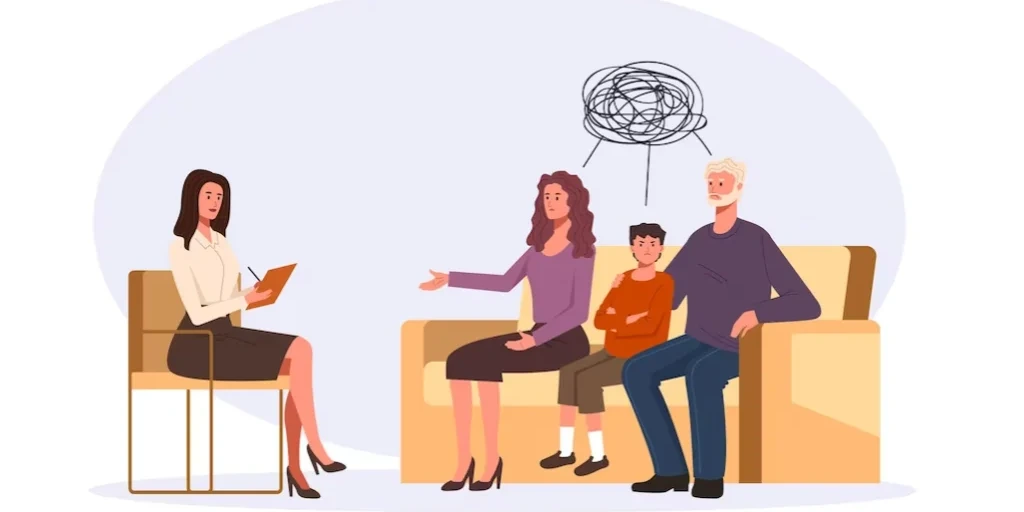24/7 Helpline:
(866) 899-221924/7 Helpline:
(866) 899-2219
Learn more about Eating Disorder Treatment centers in Hobe Sound
Eating Disorder Treatment in Other Cities

Other Insurance Options

AllWell

Excellus

United Health Care

Providence

ComPsych

Highmark

WellCare Health Plans
Beacon

Anthem

Coventry Health Care

BlueShield

Horizon Healthcare Service

Optima

Access to Recovery (ATR) Voucher

Aetna

Meritain

American Behavioral

Kaiser Permanente

Group Health Incorporated

Evernorth

Unity Behavioral Health
Unity Behavioral Health is a luxury mental health and addiction recovery center for adults in Hobe S...




Banyan Treatment Centers – Stuart
Banyan Treatment Centers – Stuart is a private rehab located in Stuart, Florida. Banyan Treatment Ce...

Dream Center for Recovery
Dream Center for Recovery is a fully state licensed Drug & Alcohol Rehab Center located on Florida's...

Just Believe Recovery Center
Just Believe Recovery Center residential facility is located in the beautiful waterfront community o...

Serenity Counseling Services
Serenity Counseling Services in Stuart, Florida provides alcohol and drug services, behavioral healt...

ADAP Counseling Services
ADAP Counseling Services is an agency established to offer comprehensive counseling and educational ...

Suncoast Mental Health Center – Stuart
Suncoast Mental Health Center – Stuart is a private rehab located in Stuart, Florida. Suncoast Menta...

12 Keys Rehab
JourneyPure 12 Keys Rehab is one of Florida’s premier addiction treatment centers renowned for its h...

Essentials Recovery
Essentials Recovery is an Intensive Outpatient Program located in the quaint town of Stuart, Florida...

Recovery By The Sea
Recovery By The Sea provides programs that treat drug and alcohol addiction. Recovery By The Sea is ...

Harmony Treatment and Wellness
Harmony Treatment and Wellness is a private rehab located in Stuart, Florida. Harmony Treatment and ...

Remedy Therapy
Remedy Therapy is a dual diagnosis detox and residential treatment center in Stuart, Florida.

Coastal Detox
Coastal Detox is a licensed medial detoxification facility offering a wide variety of soothing holis...

Piedmont Community Services
Piedmont Community Services (PCS) is a behavioral health treatment center in Stuart, VA. The center ...











Next Step Center
Next Step Center is a private rehab located in Stuart, Florida. Next Step Center specializes in the ...

Counseling and Evaluation Services
Counseling and Evaluation Services is a private rehab located in Stuart, Florida. Counseling and Eva...

Helping People Succeed
Helping People Succeed is a private rehab located in Stuart, Florida. Helping People Succeed special...

Victory Counseling
Victory Counseling is a private rehab located in Stuart, Florida. Victory Counseling specializes in ...

Tykes and Teens
Tykes and Teens is a private rehab located in Palm City, Florida. Tykes and Teens specializes in the...

Alcohol and Drug Abuse Program
Alcohol and Drug Abuse Program is a private rehab located in Stuart, Florida. Alcohol and Drug Abuse...

AA – Alcoholics Anonymous
AA – Alcoholics Anonymous is a non-profit rehab located in Stuart, Florida. AA – Alcoholics Anonymou...

New Life Addiction Treatment Center
New Life Addiction Treatment Center offers inpatient and outpatient treatment for individuals with a...

Wellness Counseling and Residential Detox
Wellness Counseling and Residential Detox is a private rehab located in Stuart, Florida. Wellness Co...

New Horizons of the Treasure Coast – Northwest Federal Highway
New Horizons of the Treasure Coast - Northwest Federal Highway offers outpatient treatment for indiv...

New Horizons of the Treasure Coast – Southeast Federal Highway
New Horizons of the Treasure Coast - Southeast Federal Highway offers outpatient treatment for indiv...

Waters Edge Recovery
Waters Edge Recovery is committed to providing holistic, patient-focused, dual-diagnosis treatment o...






































































